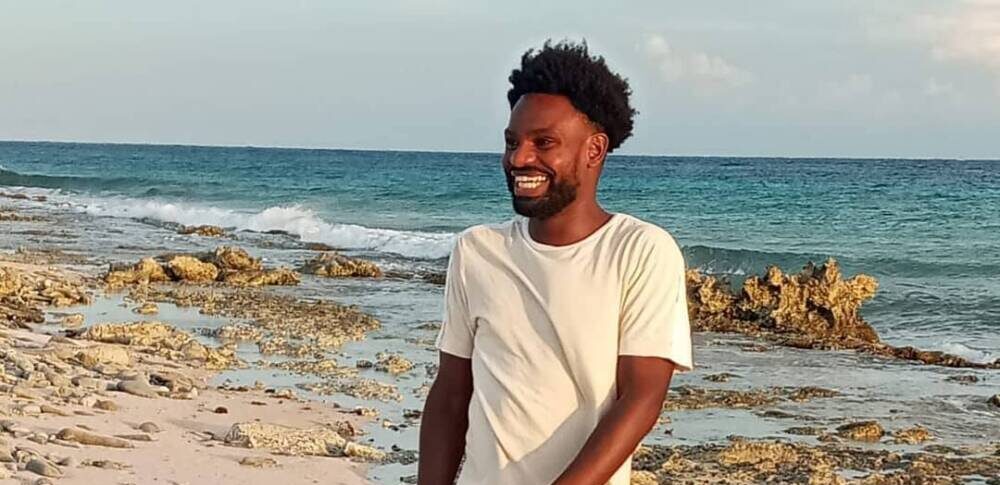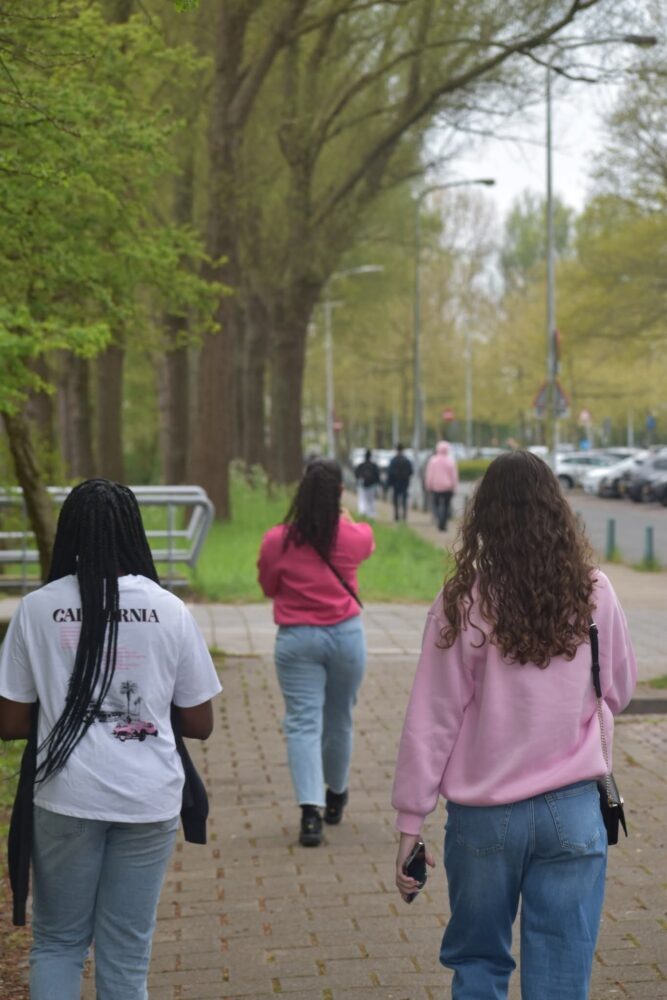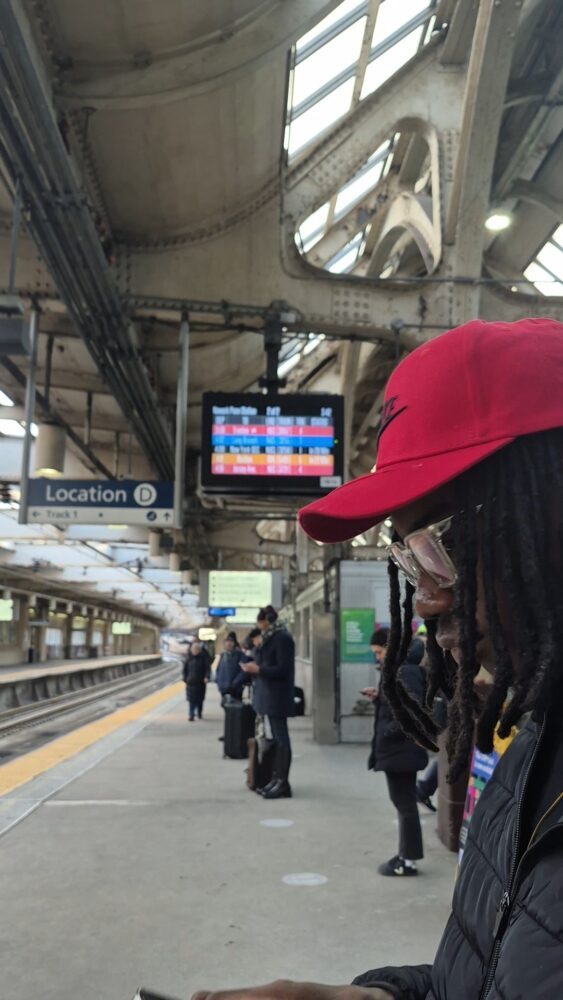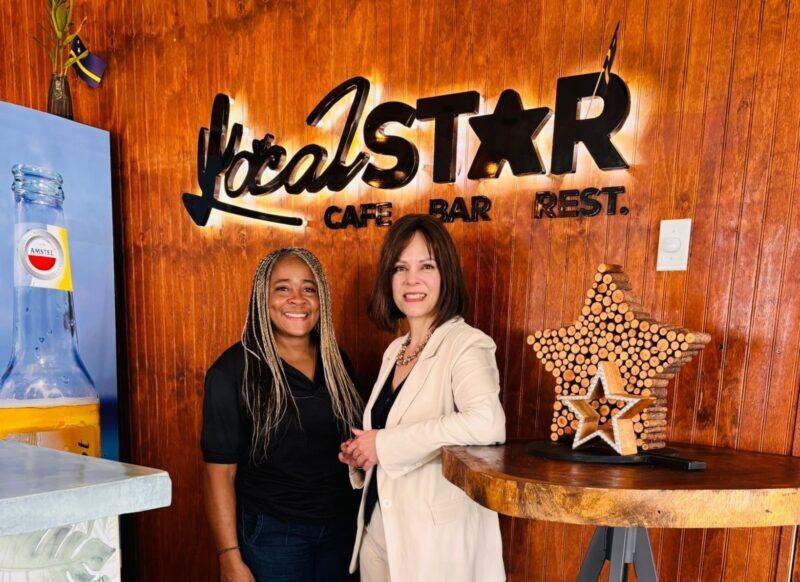Psychologist Shandewry Rosalina links slavery to the fact that many Caribbean men don’t know how to talk about their feelings. The many broken families and the ‘inferiority complex’ of Caribbean people are also a result of slavery, according to Rosalina.
Families were ripped apart because the parents had to work many long hours in order to survive. There wasn’t time to give the child the attention that it needed. Nobody to make you feel: I am here for you, you matter, you are safe in this world. This is so important for the social and emotional development of a child.”
Attachment problems
This has caused a lot of damage to many families, Rosalina notes in his work as a psychologist. “For instance, I encounter people who have had to teach themselves as a young child, often with great difficulty, how to deal with, what to other people are, very normal emotions. There can be signs of an unsafe attachment. This has an impact on how this person deals with social relationships. Up to what point can I trust other people?”
Normalizing single moms on Bonaire
When the slavetrade was abolished and it was forbidden to continue getting slaves from Africa, strong black enslaved men were used on Bonaire to impregnate women. Their children were literally being bread, the same way you breed animals, to beget new slaves. This had nothing to do with the family. At a certain point slaves from Curacao were being sent to Bonaire for this special purpose.
“The mother had to raise the child alone. To this day we see that that is a common occurrence on Bonaire”, says Rosalina.”Many of my clients come from broken homes. When this is the example you get from your mother and other women around you, you might think:, ‘If they did it, I can do it too.’”
“That is how patterns are kept alive. Although single moms are empowered in their efforts, it has a lot of influence on how a child is raised and how it relates to others.”
“It used to be that the community in Africa was very important in raising a child. That is where the saying: ‘It takes a village to raise a child’, comes from. But because of slavery we see that that almost doesn’t happen anymore in this community. By the way, there are single dads out there as well as single moms.”
Inferiority complex
Another effect is according to Rosalina a low feeling of self worth.”The idea that ‘the whiter your skin, the better’ is still alive. People feel that they are of less value than the European-Dutch and they try to overcompensate. For instance with an expensive car, jewellery, etc. To create the feeling that they matter. On Curaçao that is even more obvious.”
Demands and values from the netherlands
An inferiority complex also demotivates people, says Rosalina. Demotivation also comes from the Dutch schooling system on Bonaire, says the psychologist. “To get ahead in life you have to fulfill conditions made in the Netherlands, while here there is a different culture.”
Rosalina: “Not being able to speak Dutch faultlessly, doesn’t say anything about your abilities”. But he sees many Caribbean people with potential and dreams who get frustrated and demotivated, “because they could not live up to the Dutch-European demands. What remains is that you underperform in order to just get food on the table.”
Traumas from one generation to the next.
Rosalina is glad with the King’s apologies for Dutch slavery: “They help to get the healing process started. But generational trauma is not only something the whole community suffers from, it is also an individual process.”
“The healing gets to a point where you realize that what happened hurt, that there still exist modern forms of slavery and colonialism, but that you are able to really believe: I am a person of value.”








